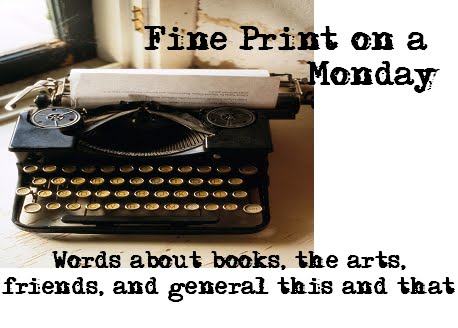Albert Einstein's complex contributions to science always baffled me, yet I respect that his work was pivotal in laying the foundation for many scientists who followed. This book adds another dimension to Einstein's discoveries, and along with that dimension comes many questions.
Mitza Maric tells her own story - a brilliant girl living in the 1800's expectations that women are meant to cook, clean, bear children, and generally make a life for their husbands. Complicating matters is Mitza's slight limp, a defect that causes her parents to believe she will never marry. Her father encourages her love of science, and eventually Mitza is admitted to the Polytechic Institute where the all male student body is dubious of her, at best. Among the students she meets there is Albert Einstein. He courts her and eventually they marry.
From there, Benedict weaves a story of a Mitza as a major contributor to Einstein's work; however, history does not bear that out. Most experts deem her assertion to be "speculation".
I enjoyed this book but wish I had done some background digging before reading. For me, an author writing historical fiction with a real person as the central character,should be as accurate as possible in the portrayal of the individual and of significant life events. This differs from an author who puts a fictional character in an historical setting. Yet both are fiction and both require suspension of disbelief for the book to speak to a reader.
The story of Albert and Mitza engaged me That has not changed, but now that I know about the unsubstantiated claims made by Benedict, I view it differently. As fiction - thumbs up. As historical fiction - I'm still debating.

